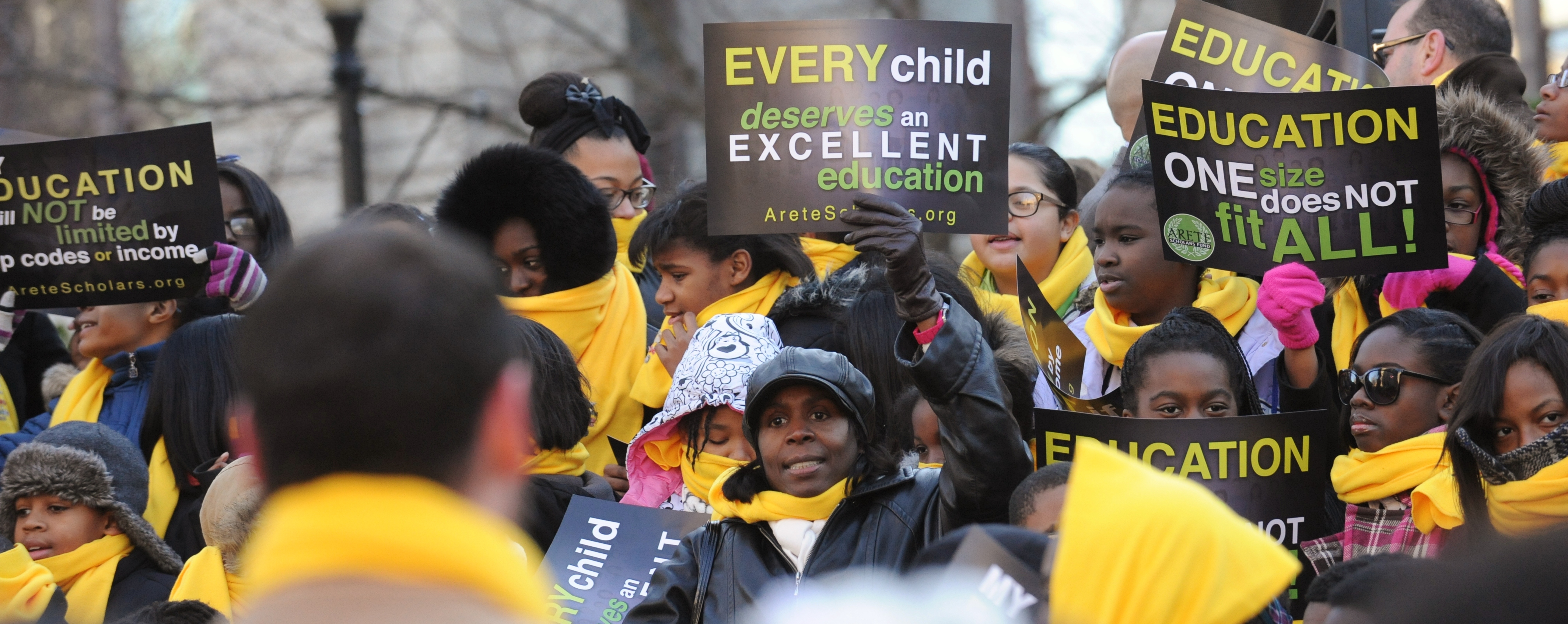
by gaopp | Jul 25, 2017
Freakonomics is the popular podcast that aims to expose the “hidden side of everything” by applying economics research to everyday realities. In a recent episode, they sought to understand why marriage is on the decline. Their conclusion was staggering: there is a clear link between child poverty and unmarried parents.
“It turns out that poverty and family structure are intertwined in this country,” Professor Melissa Kearney, a University of Maryland researcher, told Freakonomics’ Stephen Dubner. “You can’t be interested in children’s well-being and not look at family structure.”
According to Kearney, only 5 percent of births in the U.S. were to unmarried mothers in 1960. In 2014, that number skyrocketed to 40 percent. Along with it has come clear instances of poverty and signs that children caught in the middle are suffering as a result.
“Research consistently shows that kids who live with two married parents have lower rates of poverty, have higher cognitive test scores in childhood, have fewer behavioral problems,” she said. “They seem to have better health outcomes. They’re less likely to live in poverty when they’re 25. They’re more likely to complete college and they’re less likely to become young, unmarried parents themselves.”
The news revealed by Freakonomics supports years of research by the Georgia Center for Opportunity and others.
GCO President and CEO Randy Hicks says that there is hope of breaking the cycle for children and their parents. In a recent op-ed, he points to what he calls the “success sequence,” a research-backed three-pronged formula for success in America: graduate from high school, get a full-time job (or have a partner who does), and marry before having children.
“For children caught in multi-generational cycles of poverty, a good education can be a stick in the spokes of the poverty cycle that slows it down; for an adult, it’s a job; and for couples, it may be relationship enrichment programs and other supports,” Hicks said.
The Georgia Center for Opportunity offers programs and resources for parents looking to better the legacy of their families. For classes and other information, check out the Healthy Families Initiative.

by gaopp | Jul 14, 2017
On June 28th, GCO’s Eric Cochling traveled to Washington, D.C. to be part of the Full House Committee on Oversight and Government Reform meeting, which took an in-depth look into “programs and legislation aimed at rehabilitating offenders, facilitating a successful transition from prison to community, and reducing recidivism.”
GCO provided a written testimony to our nation’s leaders but was also instrumental in providing the opportunity for William C. McGahan, Chairman of Georgia Works!, to testify before the committee. If you’re interested in hearing the committee’s conversation, you can view the meeting video online.


by gaopp | Jun 29, 2017
GCO is seeking an experienced Communications Manager to manage and execute on our communications strategy and day-to-day communications needs in cooperation with other team members. We are especially interested in candidates who want to grow with the organization and demonstrate an ability to build and, ultimately, lead a communications team.
If you are interested, please visit our careers page and fill out the careers form.
by gaopp | May 4, 2015

Georgia’s parents are increasingly frustrated with the lack of choice in the state’s education system, especially those with children who are struggling with learning challenges or who need accelerated programs. That’s why we are hosting a series of FREE film screenings as part of our Summer Town Hall series on School Choice. Because in Georgia families DO have choices but many more are needed.
Please join us at one of the three venues around Metro Atlanta listed below where you can talk to state legislators, educators and parents like you!
FREE REFRESHMENTS WILL BE SERVED.
Click Here to RSVP: www.GeorgiaOpportunity.org/School-Choice
Please share this with your friends!

SPONSORED BY:


by gaopp | Apr 2, 2014
Too often, parents in Georgia who have access to great school choice options fail to take advantage of them because many parents do not know that they exist. This is a constant dilemma that the school choice movement faces. To help address this, we partnered with all-girls charter school Ivy Preparatory Academy in Norcross to host a School Choice Lunch & Learn last month. Most of the parents, surprisingly, knew of their individual school choice options for their students. Some shared stories of how their pursuits were failed attempts because they lacked charter school options in their districts or because the financial assistance they were eligible for from the special needs scholarship left them with a remaining tuition balance far beyond what they could afford.

Though we have choice options (i.e. public school transfers, special needs scholarship, tax credit scholarships, and charter schools), this event helped to confirm for me that Georgia still has a long way to go to ensure that families are not limited in access to quality education because of their lack of income or the zip code in which they live.
“Georgia still has a long way to go to ensure that families are not limited in access to quality education”
Together, we can make a difference in the school choice movement and expand available options for students in need of better education or learning environments. I am so proud of those who attended and shared their personal stories and challenges in pursuing school choice. These parents also expressed their strong desire to stay engaged in the movement because they know too well how it feels not to have access to viable choice options and they want to remove these barriers for generations to come. Will you join them in this movement?
If you are interested in learning more about school choice or would like to become an advocate, please visit the Georgia Parents Alliance.








